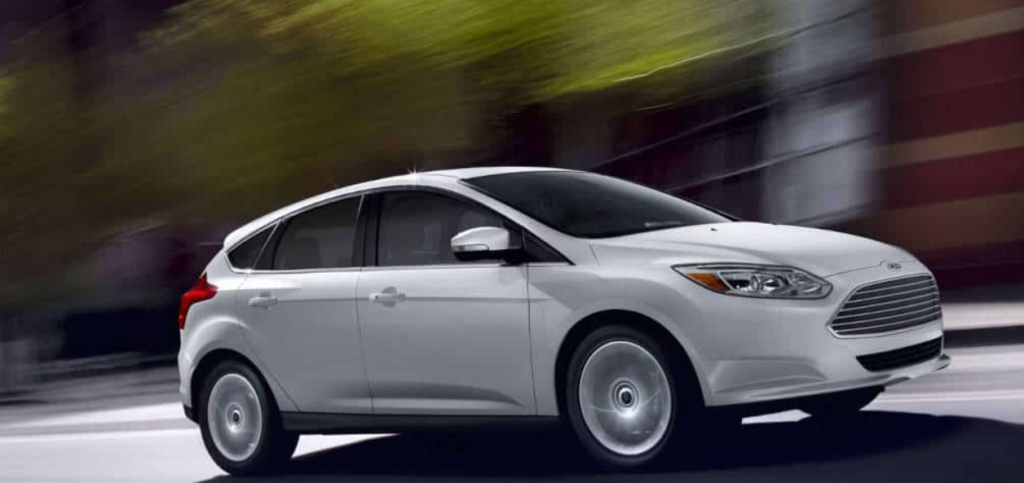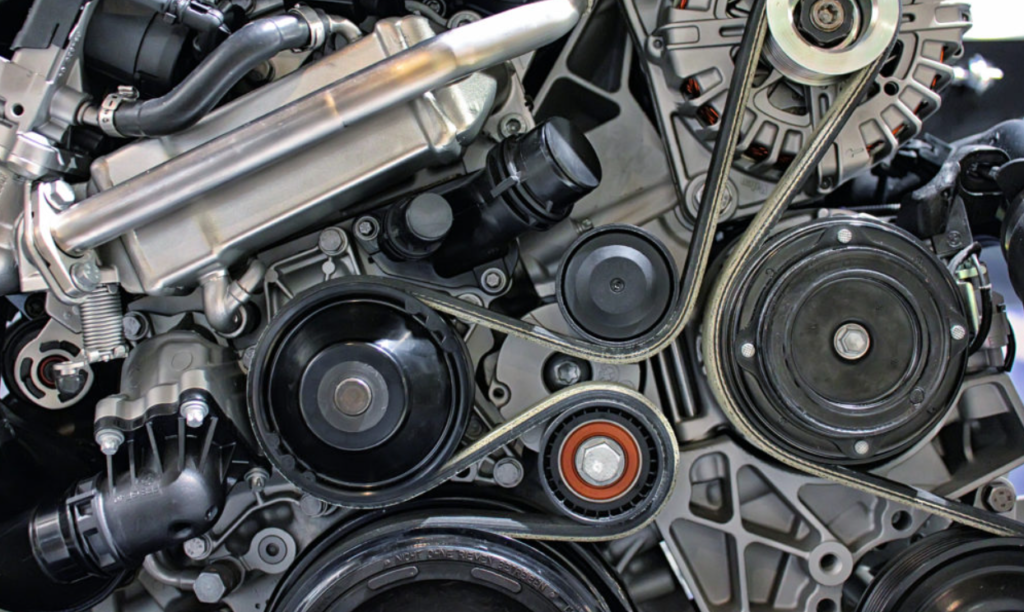Cars are complex machines designed to function seamlessly, so when your car makes noise when accelerating at high speed, it can be unsettling and hint at underlying issues. This guide will walk you through identifying, diagnosing, and resolving this common automobile problem.

Safety should always be your priority, which is why addressing such issues promptly is of utmost importance. Failure to do so could result in further damage to your vehicle, and potentially, unsafe driving conditions. This comprehensive guide is segmented into three main sections: Diagnosis, Potential Causes, and Troubleshooting Steps to provide you with a better understanding of the problem and guide you towards the solution.
Diagnosis
Identifying a car makes noise when accelerating at high speed starts with a keen ear and a sense of awareness. When you notice the noise, try to note its nature, whether it’s a whining, grinding, or knocking sound, for example. Consider whether it only happens at high speed or whether it’s noticeable at lower speeds as well.
Precision in diagnosing the problem is paramount. A detailed understanding of the noise and its conditions can drastically improve the efficiency and effectiveness of the troubleshooting process.
Potential Causes
Several common causes might be the reason why your car makes noise when accelerating at high speed:
- Engine-related issues: Over time, certain components of your engine may wear out or work improperly, resulting in unusual noises. Issues such as misfires or timing problems can manifest in your car making noise when accelerating.
- Transmission problems: Transmission-related issues like gear issues or torque converter problems can lead to your car making noise when accelerating at high speed.
- Exhaust system abnormalities: Problems with the exhaust system, such as a loose exhaust pipe or a malfunctioning muffler, can cause unusual noise during acceleration.
Each of these potential causes can have unique symptoms and troubleshooting steps.

Troubleshooting Steps
Before exploring on the troubleshooting journey, ensure you have the necessary safety measures in place. Choose a safe, controlled environment to check your car. Start by carefully listening to the noise and identifying its pattern – is it constant, intermittent, or does it fluctuate with speed? Try to identify where the noise might be coming from – the front, back, or a specific side of the car.
In-depth troubleshooting for each potential cause includes:
- Engine-related troubleshooting steps: Check for wear and tear on your engine components. A misfire diagnostic tool can help you identify if misfiring is causing your car to make noise when accelerating at high speed.
- Transmission troubleshooting steps: Check your car’s transmission fluid level and color. Unusual noise could be due to low fluid levels or old, degraded transmission fluid. Additionally, inspect the gears and torque converter for any signs of wear or damage.
- Exhaust system troubleshooting steps: Check your exhaust system for any visible signs of damage or loose parts. A rattling noise while accelerating at high speed could be due to a loose exhaust pipe or a malfunctioning muffler.
Remember that if you’re unsure or inexperienced, it’s always safer and more efficient to seek professional help. Regular maintenance checks can also help prevent future occurrences of your car makes noise when accelerating at high speed.
FAQs
Q1: Why does my car make a whining noise when I accelerate?
A: A whining noise during acceleration is often associated with a problem in the transmission. This could be due to low transmission fluid levels, old or degraded fluid, or mechanical issues within the transmission itself.
Q2: How can I tell if the noise is coming from the engine or the transmission?
A: It can be challenging to determine whether the noise is coming from the engine or transmission as they are closely connected. If your car makes noise when accelerating at high speed and the noise changes or disappears when the car is in neutral, it’s likely a transmission issue. If the noise remains constant regardless of gear, it’s likely an engine issue.
Q3: How dangerous is it if my car makes noise when accelerating at high speed?
A: It depends on the cause of the noise. Some noises are due to minor issues that won’t significantly affect your car’s performance, while others may signify serious problems that could lead to catastrophic failure if not addressed promptly. To be safe, you should always investigate any unusual noises your car makes.
Q4: Is it expensive to fix the issue of a car making noise when accelerating at high speed?
A: The cost to fix the problem depends on the root cause of the noise. Some fixes might be relatively cheap, such as tightening a loose exhaust pipe, while others, like replacing worn-out engine components or addressing transmission problems, can be more expensive. Always get a detailed quote from your mechanic before proceeding with any repairs.
Q5: Can I drive my car if it makes noise when accelerating at high speed?
A: While it might be possible to drive your car with the noise, it’s not recommended. The noise is a sign that something is not functioning as it should, and ignoring it could lead to more severe, potentially dangerous, and costly problems down the line. If your car makes noise when accelerating at high speed, it’s best to diagnose and address the issue as soon as possible.
Q6: How can I prevent my car from making noise when accelerating at high speed?
A: Regular vehicle maintenance is the best way to prevent your car from making noise when accelerating at high speed. This includes regular oil changes, keeping your transmission fluid at the correct level, checking your exhaust system for damage, and getting your engine serviced regularly.
Conclusion
The problem of a car makes noise when accelerating at high speed is a common one that many drivers face. By identifying the noise, pinpointing potential causes, and following detailed troubleshooting steps, you can address the issue promptly. Whether the cause is engine-related, tied to the transmission, or due to an exhaust system abnormality, each can be diagnosed and resolved with careful inspection and systematic troubleshooting.
Remember, addressing such issues promptly is essential for the safety of you and your vehicle. If in doubt, seek professional help. In the long run, regular maintenance checks can help you prevent your car from making noise when accelerating at high speed, ensuring smoother, safer rides for the future.